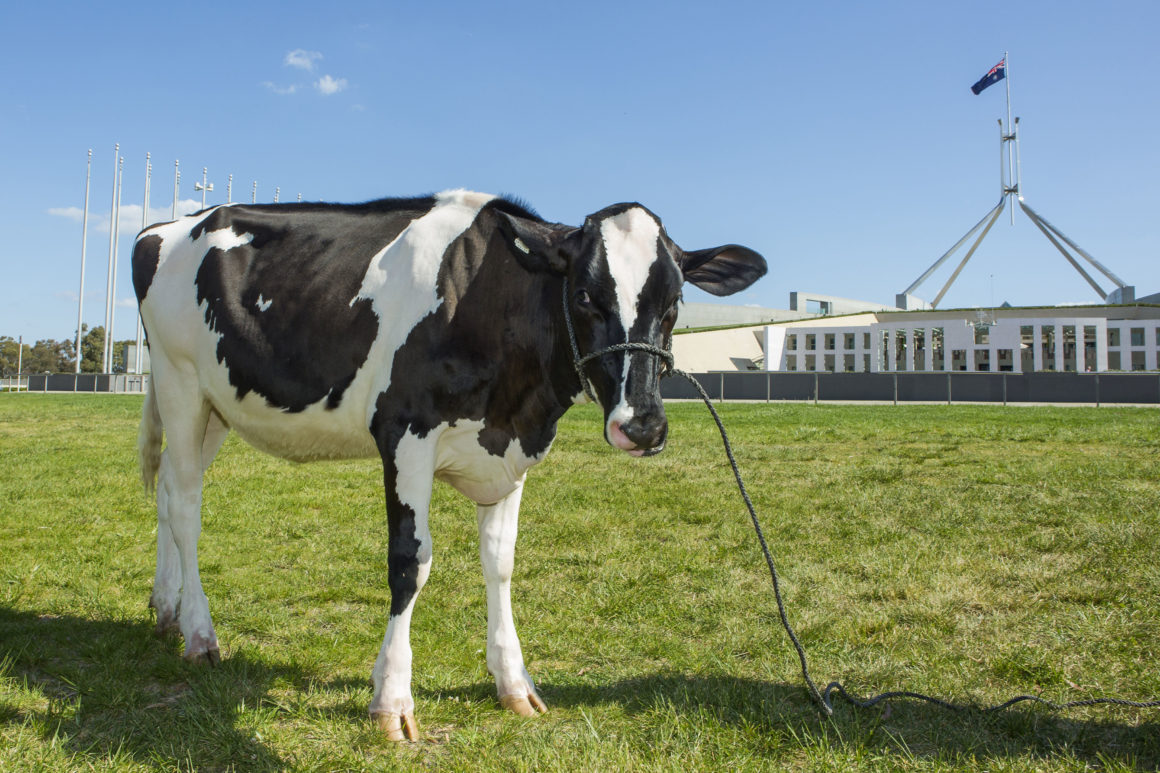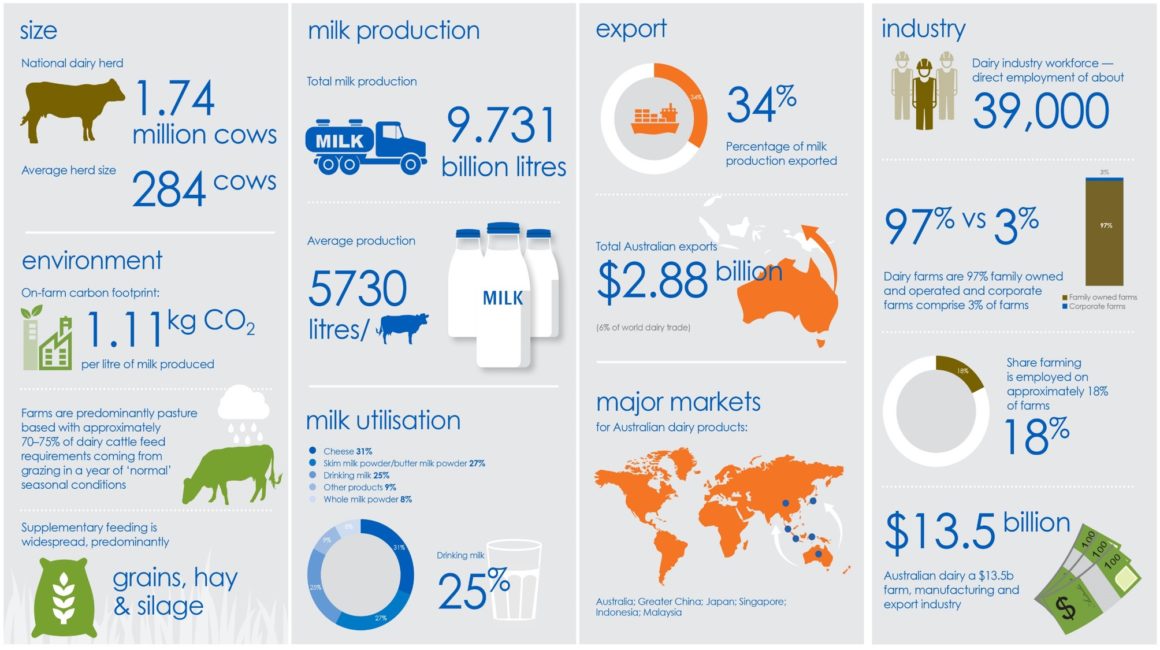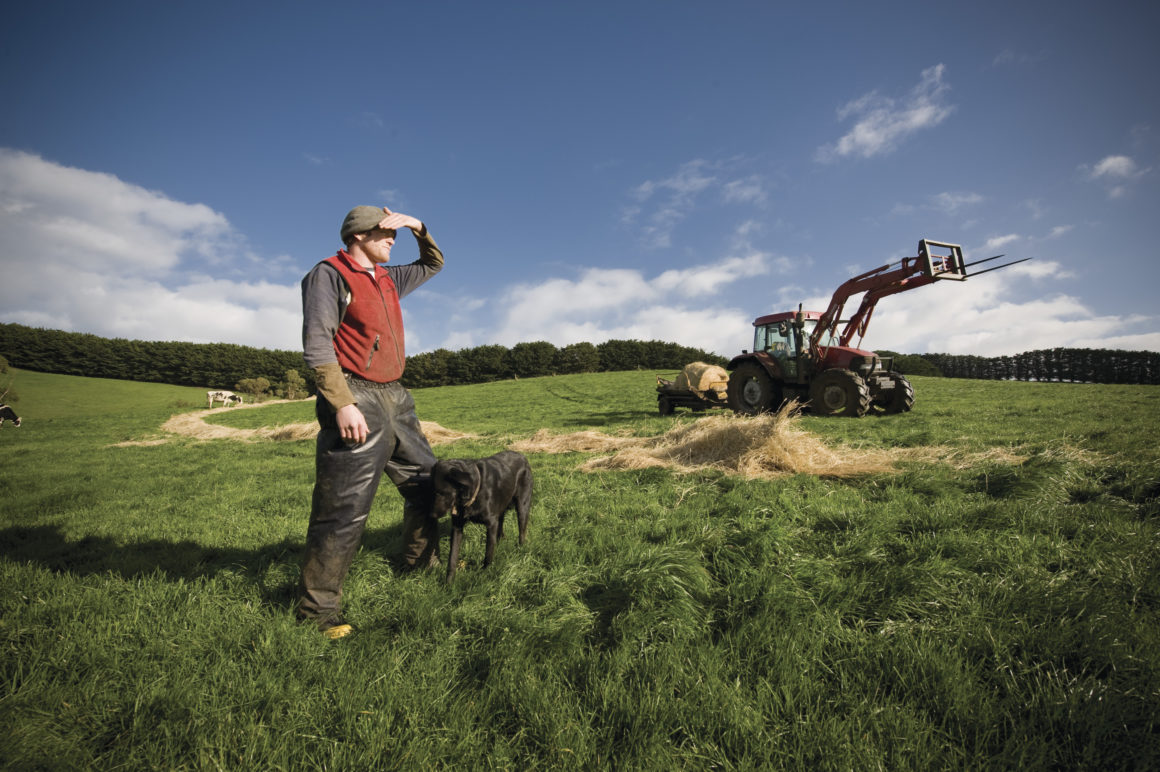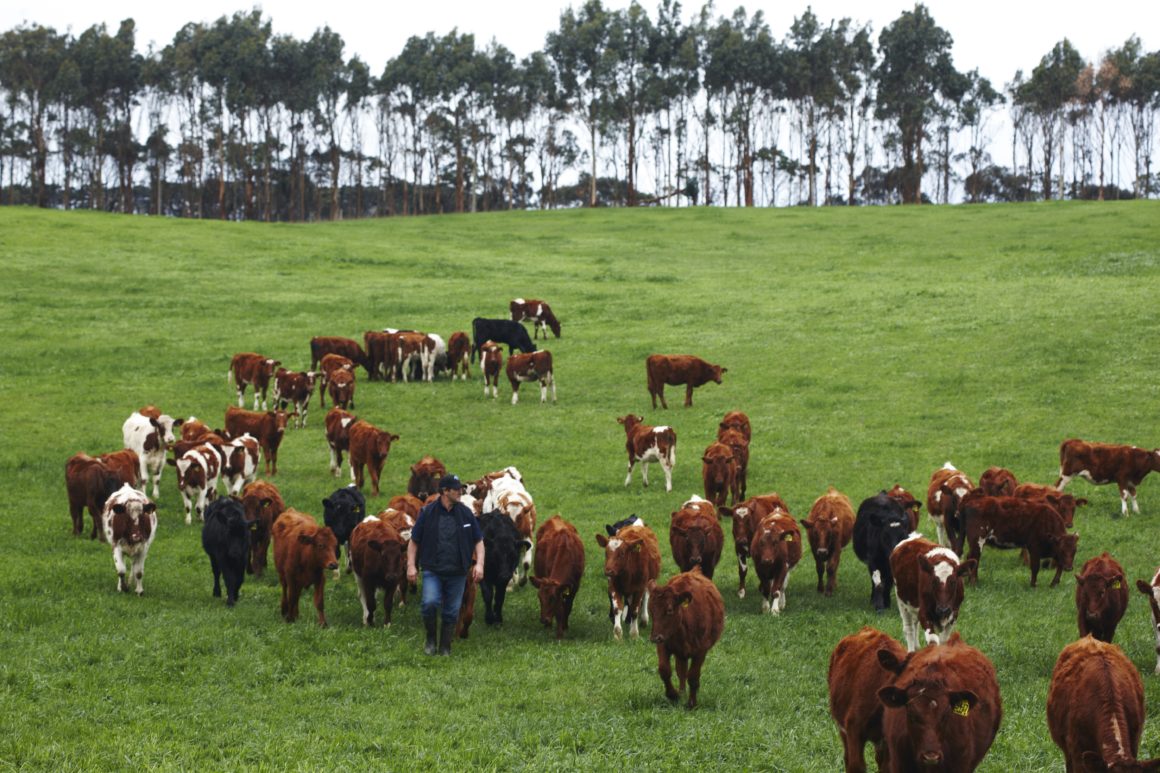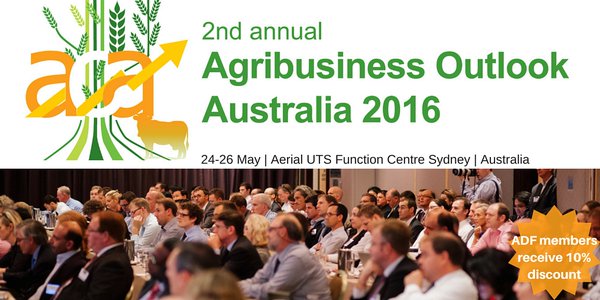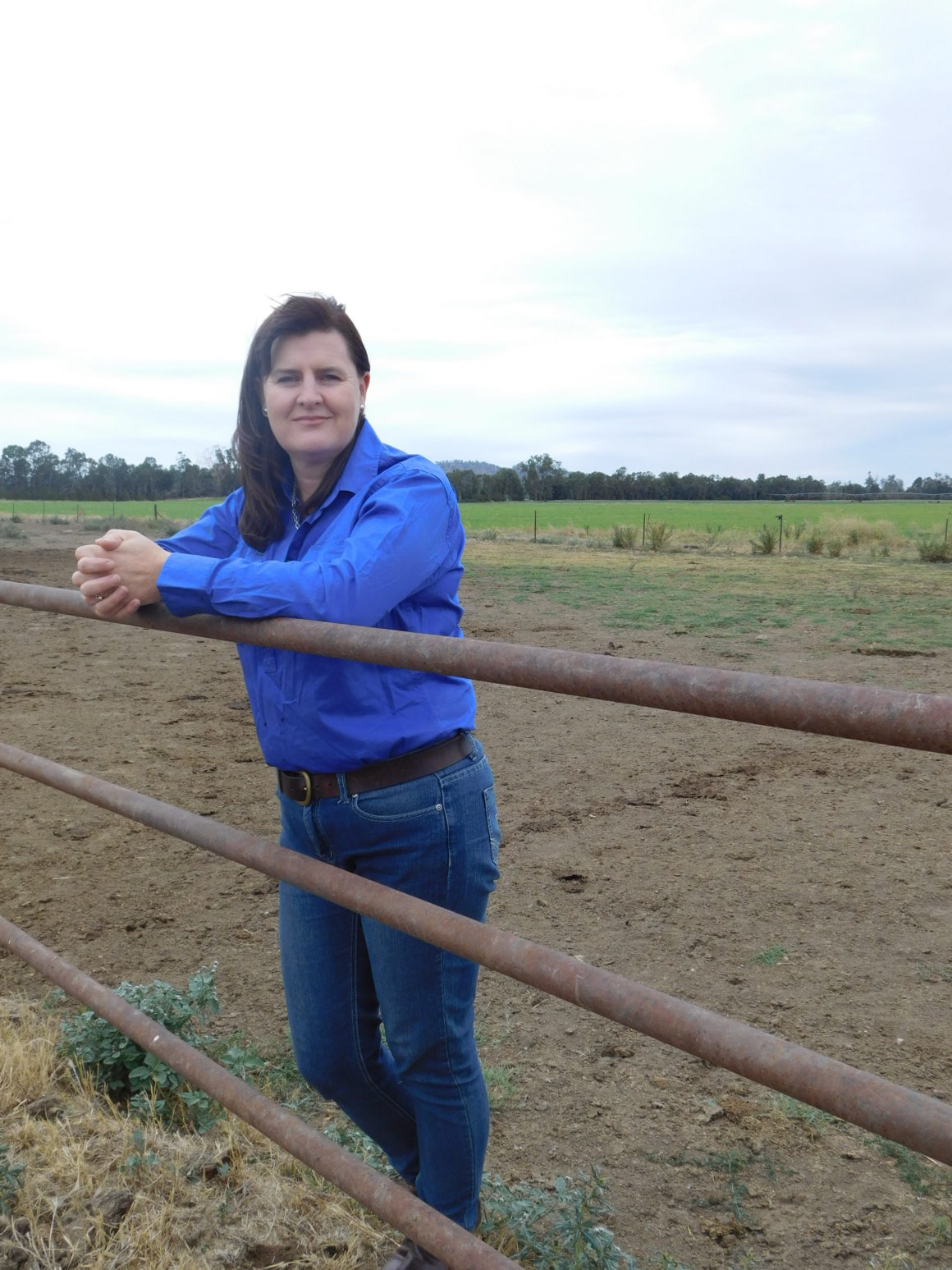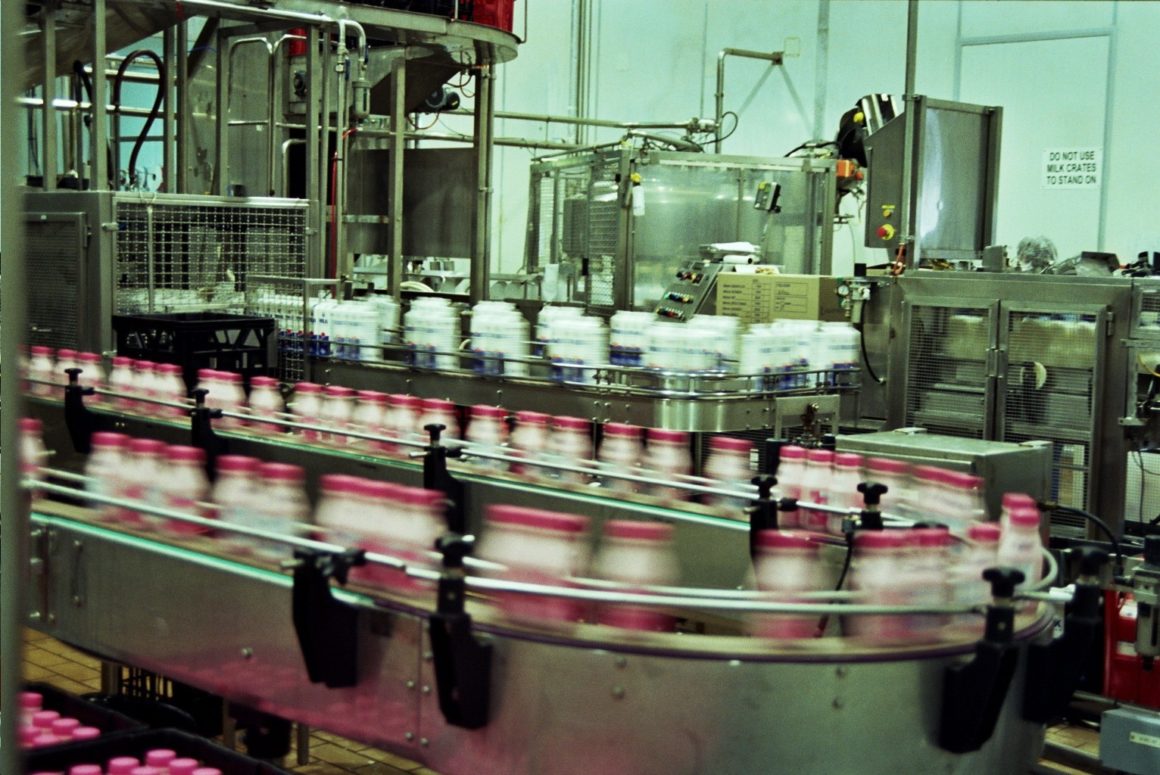Dairy farmers know that providing a safe, nutritious product starts and ends with caring for cows and their calves. This includes providing them a healthy
diet, regular medical care and the right living conditions.
Part of keeping dairy cows and calves healthy involves separating calves from cows within their first 12 to 24 hours. This is to ensure the calves receive
adequate colostrum, are protected from illnesses, which can be spread by manure from adult cows for example.
Once removed from the cow, calves are raised under shelter with suitable bedding in a clean, safe and warm environment.
In cattle the placenta of the cow keeps the maternal blood supply separate from that of the unborn calf. This prevents the transfer of antibodies from
the cow to the calf before birth. For this reason, the calf is born with limited ability to fight disease.
By bringing the calves indoors, the farmer can make sure they receive at least two litres of colostrum at the first feed and another two litres within
the first 24 hours of life. This ensure the calf can build its immunity. Calves left to suckle are less likely to build up their immunity.
Individual care is the key to a healthy and content calf.
Although many dairy farmers would like to raise male calves on farm, there are currently very limited alternative markets to sell the male calves to. The
most common option for farmers, is to sell them as ‘bobby calves’ between 5 and 30 days of age. Another option is to rear the calves and sell them
as dairy-beef. This option requires significant investment by farmers with the need to provide additional housing, feed and labour.
Our industry is always searching for alternatives, including through sexed-semen to reduce the number of male calves born but this does mean we need to
have a market for the additional female calves. Further, we continue to explore market options for the sale of male calves.
Dairy farmers and the dairy industry understand that the practice of killing calves for the dairy-beef market is confronting. We take care of all animals
on-farm to the best of our ability and in line with best practice; no calf is ever treated as a low-value by-product. Once calves leave the farm, we
expect that they will be cared for and treated in a humane way.
The Australian dairy industry supports the draft Australian Animal Welfare Standards and Guidelines for Cattle as well as the Land Transport Standards and Guidelines.
These were developed in partnership with animal welfare groups and Government, and provide industry with clear animal health and welfare standards.
The dairy industry expects that all persons managing livestock abide by these standards and it is committed to working with farmers to ensure best practice
is observed on farm.
ADF, in collaboration with Dairy Australia, and other industry partners continues to work closely with transporters and the meat industry to ensure our
cows and calves are well looked after. We also continue to work with industry, Government and animal welfare groups such as the RSPCA to ensure the
wellbeing of our herds in all farming systems.
For further information on the Animal Health and Welfare Standards and Guidelines, click here. To view the publication, “Rearing Healthy Calves – How to raise calves that thrive”, click
here.



